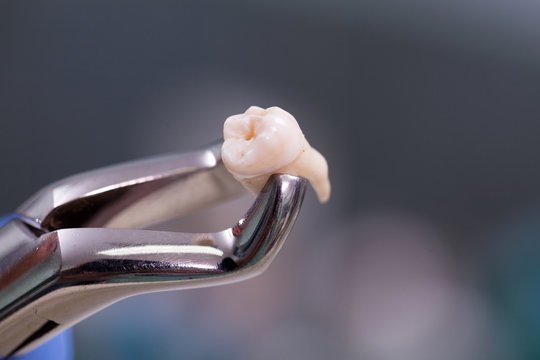
Restorative Dentistry
Dental fillings refer to the restorative treatments used to address decay or damage on teeth. At our dental practice, we provide various filling materials, with composite or resin being the most frequently used. These materials come in tooth-colored shades that blend seamlessly with your teeth, ensuring that the restoration is both functional and aesthetically pleasing. However, our team will consider the nature, location, and extent of the damage to determine the best filling material for your unique situation. We strive to provide personalized solutions to ensure that our patients receive the best dental care possible.
Fillings
A crown is a type of restoration that is commonly suggested for various dental issues. We may propose a crown if a tooth is affected by a large defect or decay and needs restoration. We also use crowns to treat cracked teeth and often recommend a crown after performing a root canal. Additionally, crowns can be utilized for cosmetic purposes to improve the shape or shade of a tooth, resulting in a more pleasing appearance. With our dental expertise and modern techniques, we can ensure that the use of crowns will provide our patients with the necessary dental work that they require while maintaining optimal oral health.
Crowns
A bridge is a dental restoration used to replace one or more missing teeth. It consists of two crowns, also known as abutments, that are attached to natural teeth and a pontic or artificial tooth that replaces the missing tooth. This treatment is an effective way to improve both the aesthetics and function of a patient’s smile. In order to ensure the success of the bridge, the abutment teeth must be strong and healthy enough to support the restoration. A professional and informative explanation of the bridge will help patients understand the importance of this dental treatment as well as the benefits it can provide.
Bridges
Dental implants are often recommended by dentists to replace missing teeth. The placement of dental implants is a delicate procedure that must be carried out with the utmost skill and expertise by either a periodontist or an oral surgeon. Our team of professionals will ensure that your implants heal and stabilize properly, and will follow up to check their placement before fitting a crown or prosthesis as required. Individuals with one dental implant may benefit from single crown restorations while implant bridges may be recommended for patients with multiple implants. To provide increased retention and stability, our team also offers implant-supported dentures and partials. Our facility is furnished with the newest advancements in dental technology and techniques to ensure excellent care and beautiful, long-lasting outcomes.
Dental Implants
At our practice, we recommend tooth extraction for several reasons. Firstly, in cases of severe tooth decay or gum disease, extraction may be the most effective option to restore oral health. Secondly, some patients may prefer extraction over a root canal when a tooth is irreversibly infected. Additionally, we may recommend extraction in preparation for further treatment, such as orthodontics, upon referral from a specialist. In some cases, we may also need to extract primary or baby teeth to create a healthier oral environment for your child. For extractions that are too complicated for in-office procedures, or for patients who prefer sedation options, we work with trusted oral surgeons to ensure the best possible outcomes.
Dental Extractions
A root canal procedure may be necessary for various reasons. The most common reasons for a root canal are dental decay reaching the deepest layer of the tooth or approximating it and trauma to the tooth that damages the nerve and blood supply. During a root canal procedure, the tooth and its root are preserved, the canal is accessed, and the deepest layer of the tooth is thoroughly cleaned and disinfected to prevent harmful bacterial overgrowth. Subsequently, the space is filled with material that occupies the space and inhibits the growth of bacteria after the blood supply to the tooth is severed. To protect the treated tooth from further damage or fracture, it is highly recommended to consider a crown restoration. In summary, a root canal may be necessary if you seek to restore and preserve a damaged tooth.
Root Canal Treatment
Visit us today
5505 Edmondson Pike, Ste. 201
Nashville, TN 37211
Hours
Monday–Thursday
7:30am - 4pm








